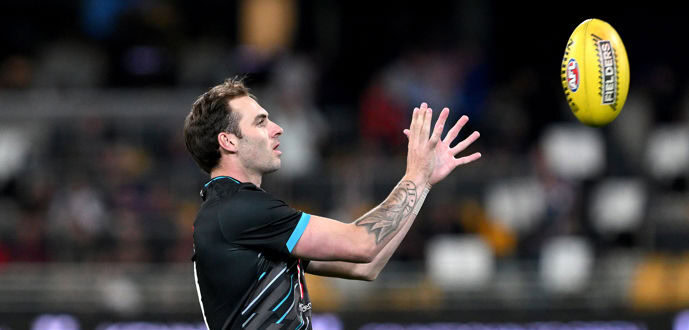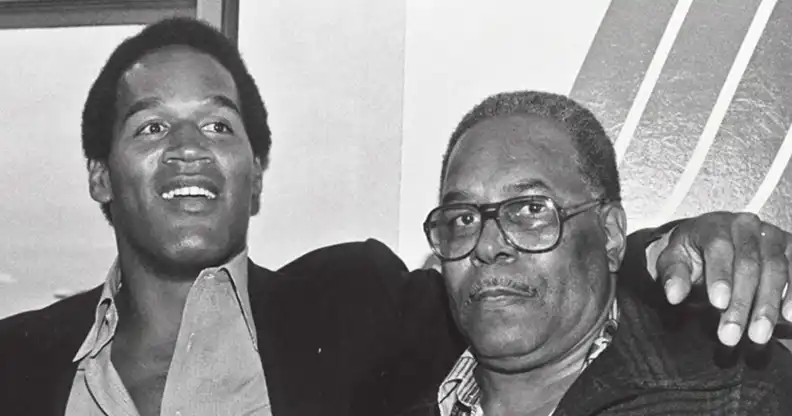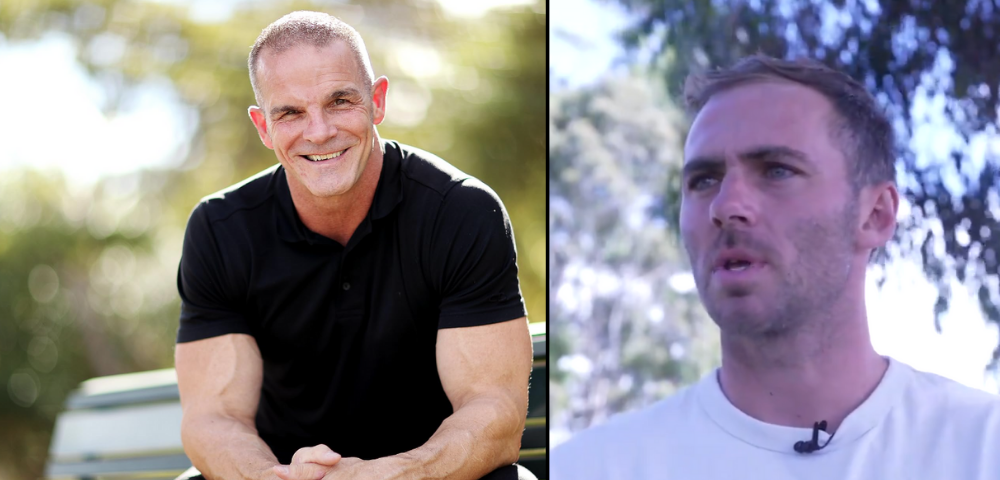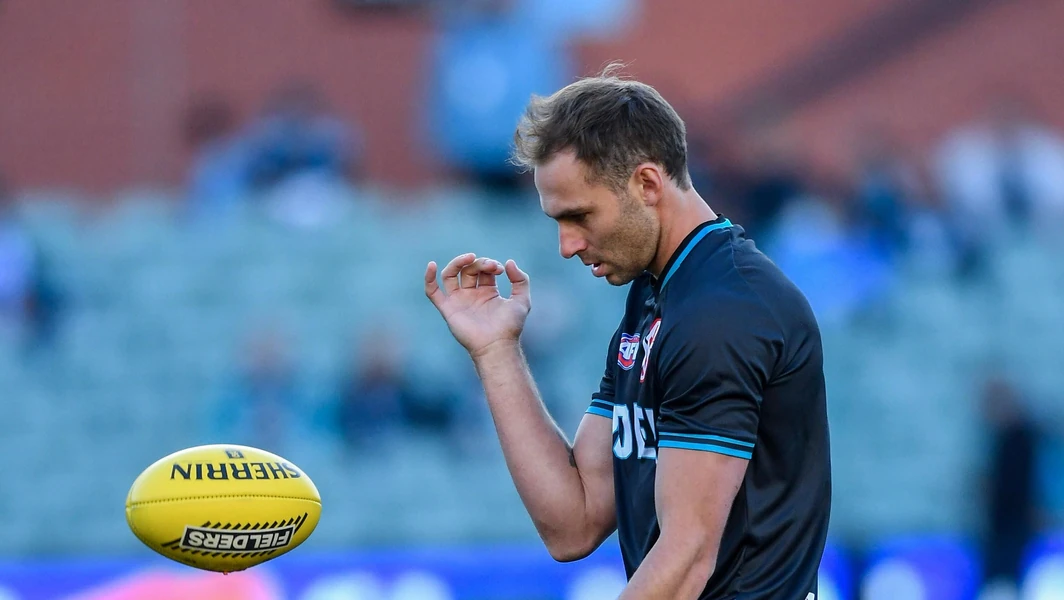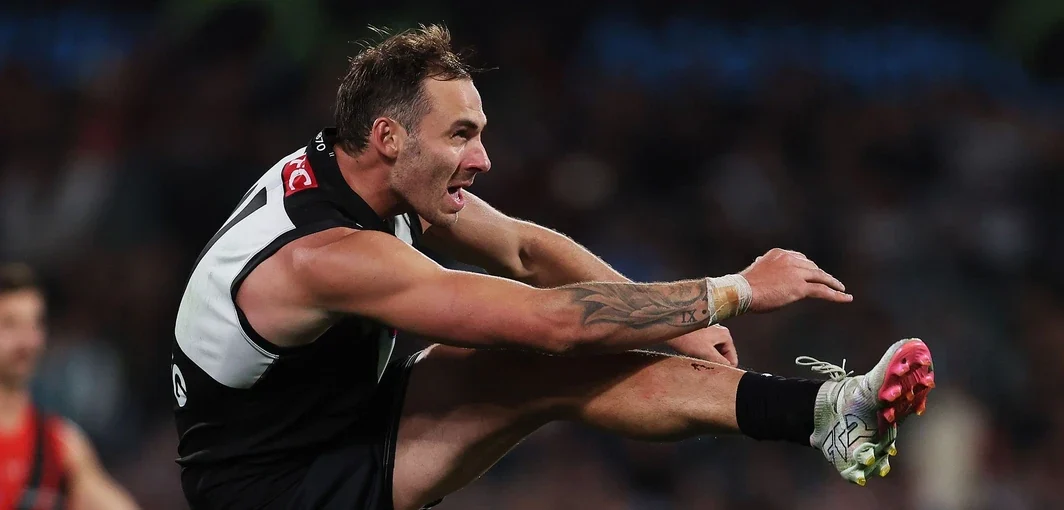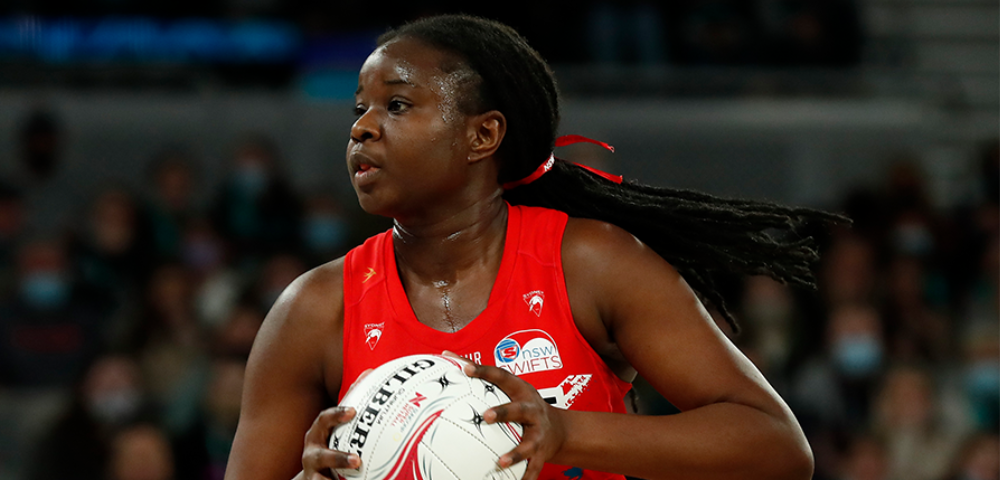
Sidelined once
It had to happen – ‘The Ugly Parent’, gay-style.
This is not about a poor human with a head like a bashed crab but a description that has been applied by researchers into the behaviour of parents watching their children’s performance in local sport. Juniors are described with all the adjectives commonly heard in a rougher-side-of-town pub.
Early in my gymnastics coaching career, I was constantly surprised by how many parents were experts on the sport their children were enjoying. Every shape and size was represented.
There were those for whom we had to reinforce the stairs to the upper level; some in perky heels, tight skirts, weighed down by concrete like cosmetics and hair; burly tradesmen; the late-arriving suits who were berated by wives for missing most of ‘the most important session your son has ever completed’; and mothers with prams, arms full of next year’s gymnastics intake, shopping and toys.
Forget all the images and stereotypes you have. These experts were amazing. They let everyone know that Gemma was ‘amazing’ on the beam and her poor performance in training was because she had been ill. Paul had more talent than the elite boys his own age, but ‘there wasn’t room in that class at the moment’.
Listening to the sideline, I could be forgiven for thinking I was a hideous coach who did not understand the potential, ability or children in my classes.
Over time, my assessment of Little Miss Sunshine proved correct, as her attention to detail resulted in her inability to achieve the higher level skills her mother told all in the peanut gallery she would master by the end of June. How could I have been so wrong? Why didn’t I see it?
Have you ever stood amongst parents on the sidelines of a soccer, rugby, basketball or swimming event? It is here I developed a gutter language I find difficult to drop when I walk into a school classroom or board meeting.
Beautiful young people, children as young as eight are being told things about anatomy, behaviour or gays that they understand as, ‘Mum and Dad are really angry and violent when I play’. In the mind of the young, who cannot separate loud from angry, it is an act of violence.
If Philip and Mary really were some of the things their parent were telling the world their behaviour suggested, their headspace was being jammed full of negativity about themselves, sport and their ability.
Before age 13 or 14, children do not understand with reason and logic what winning and losing actually are. Adults insist that it is important, yet children are happy enough for both sides to win a medal.
So a gay sports champion is a miracle, not part of the mass-produced versions of machismo in our clubs. Gay adults in sport often have to start at the beginning, learning basic skills at a time when skill learning is highly dependent on hours of training, something our lives and workforce do not cater for.
We have great clubs under the umbrella organisations of Team Sydney and QSAM, and links in every capital city who provide a safe, welcoming environment for your participation.
INFO: QSAM www.queersportsmelbourne.org TEAM SYDNEY www.teamsydney.org.au




